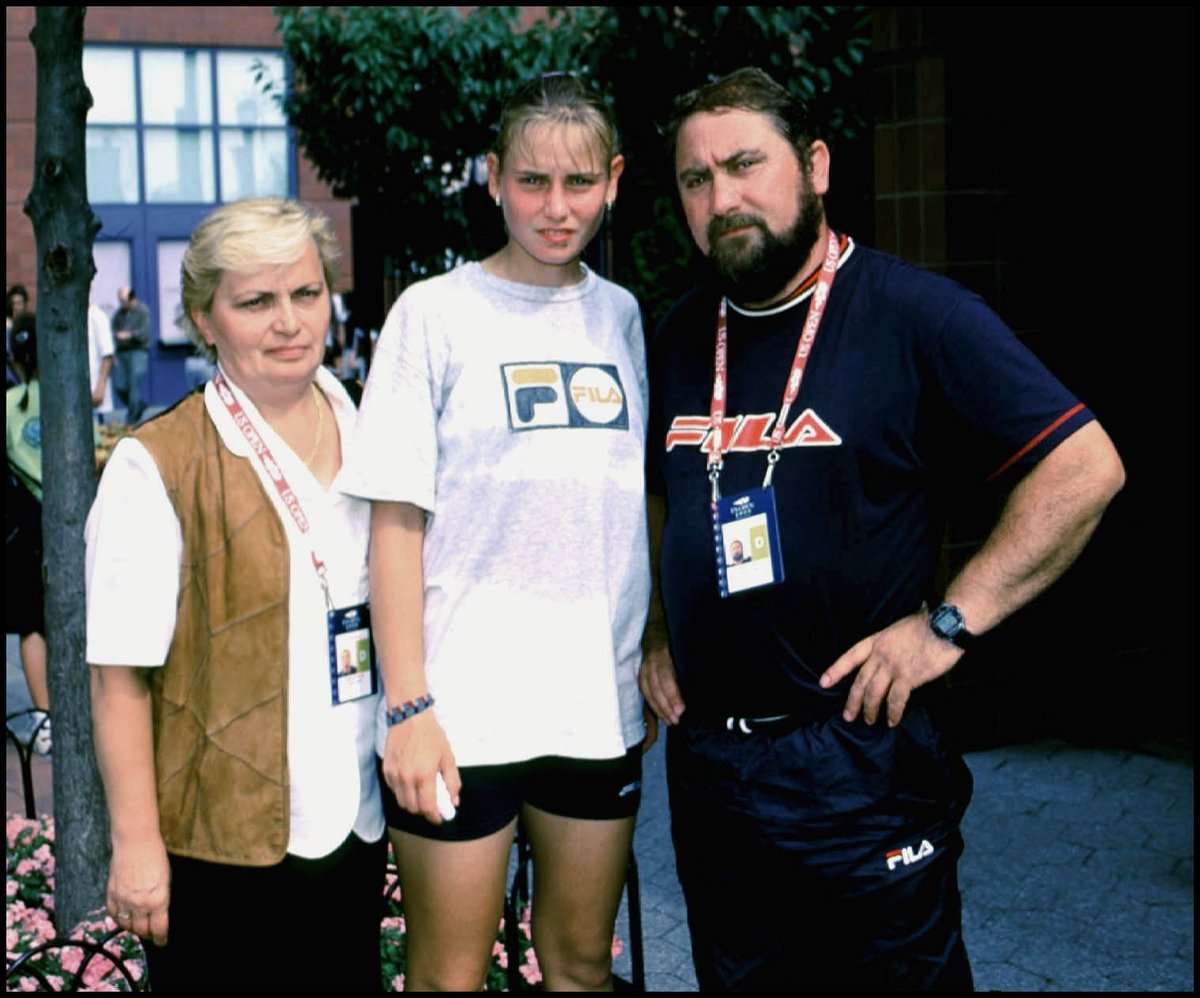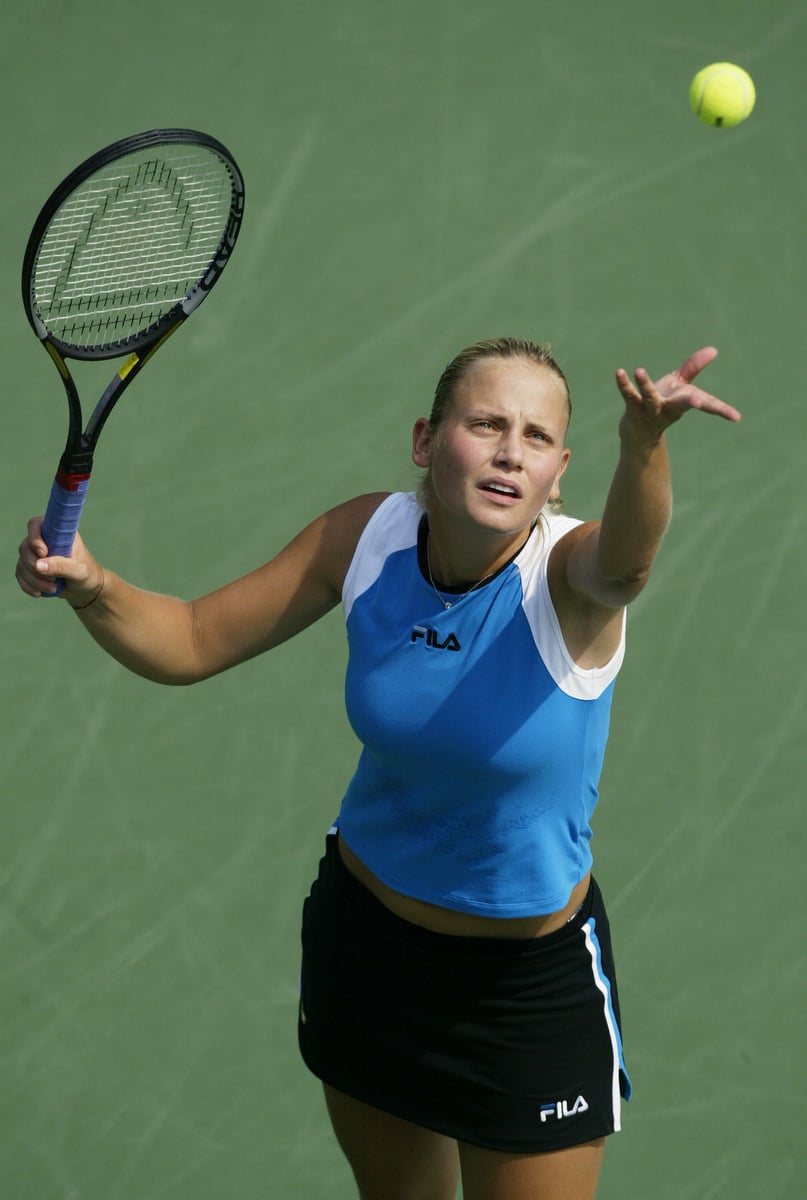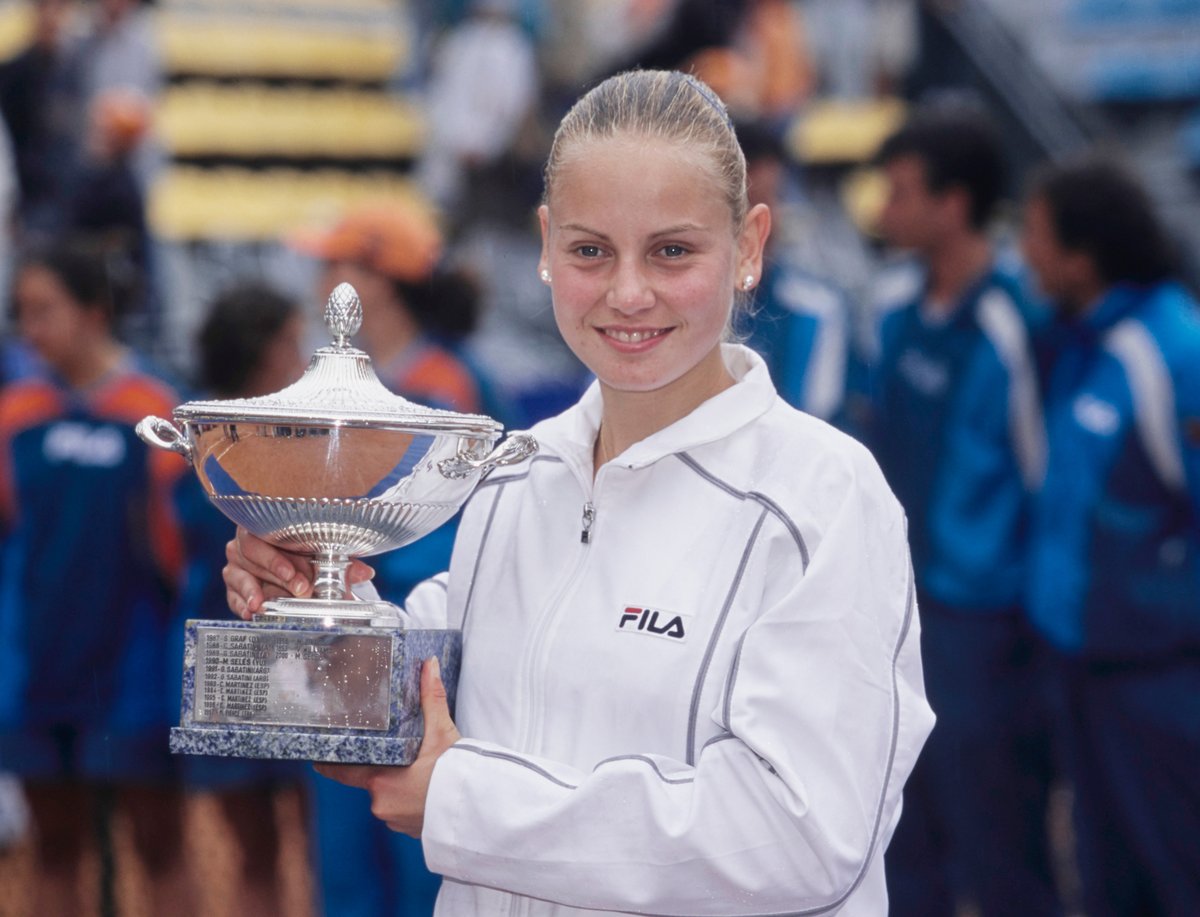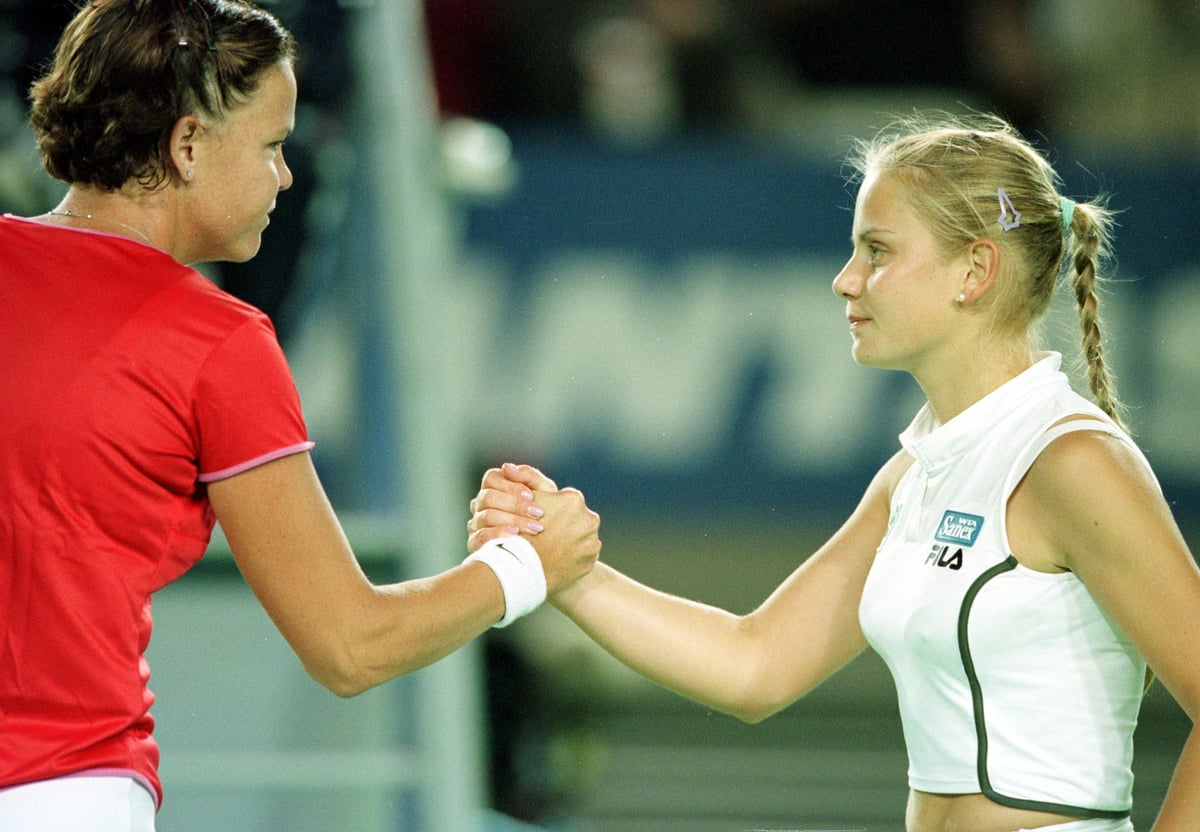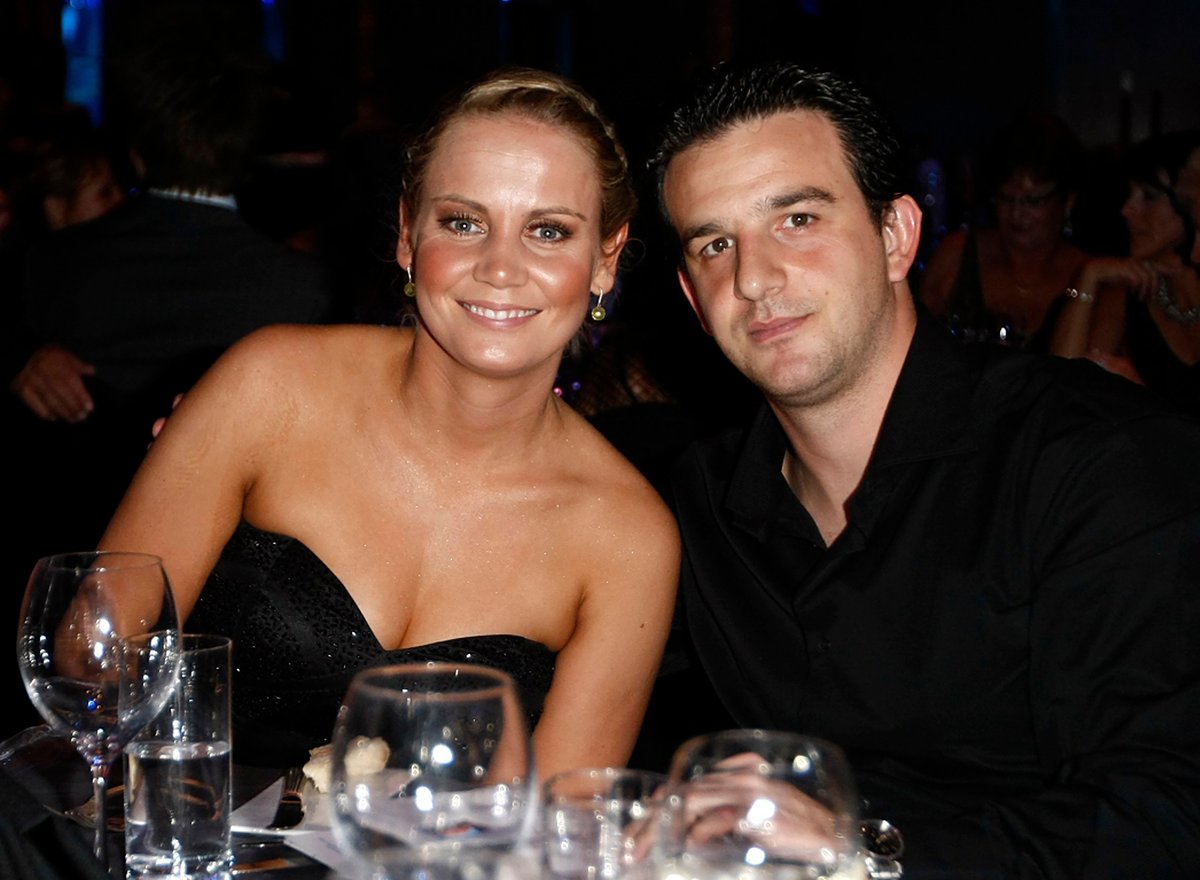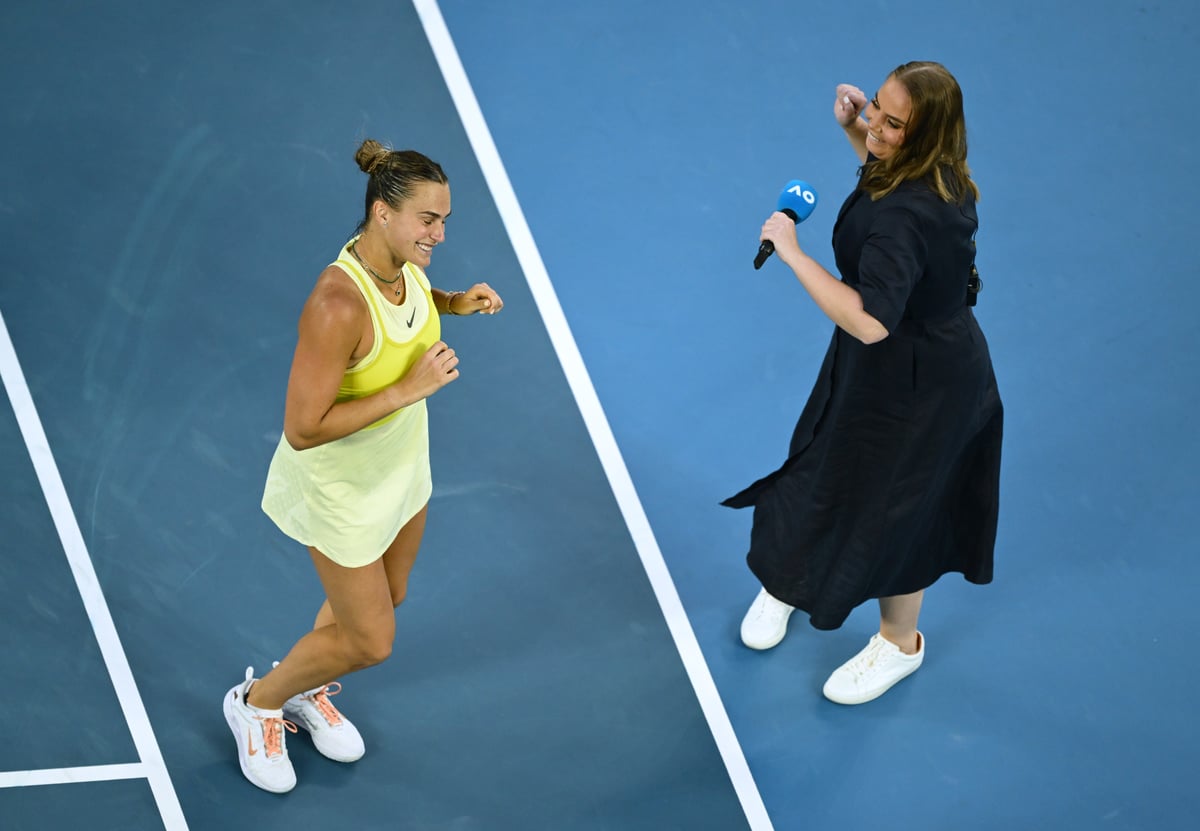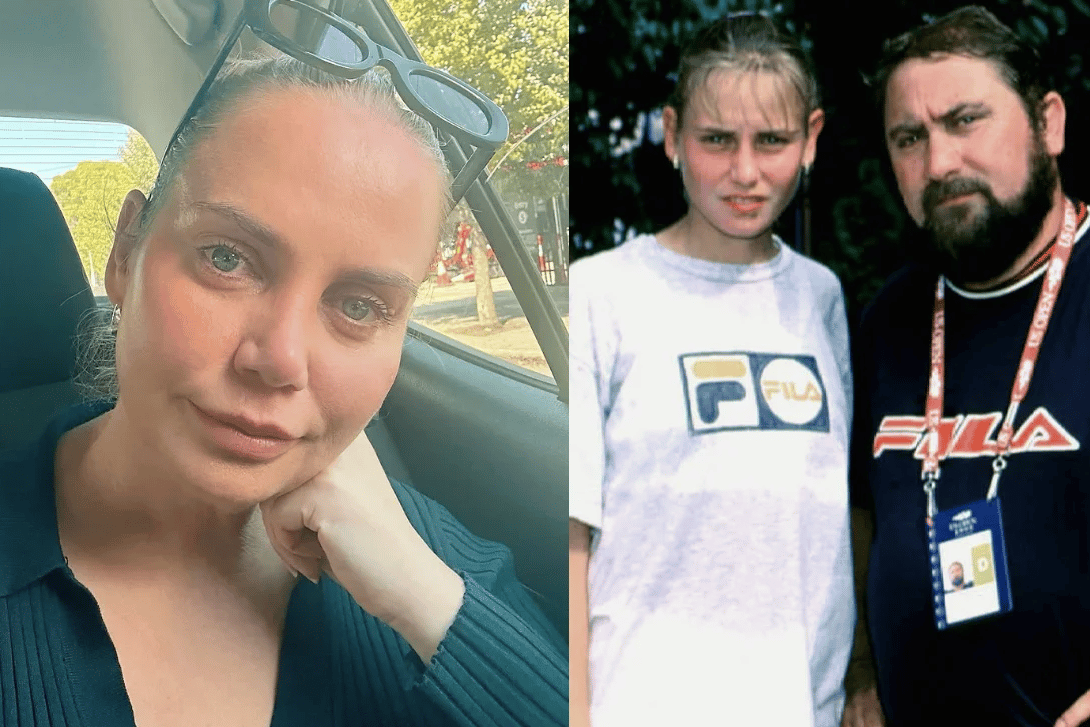
Content warning: This story details domestic violence.
On the court, Jelena Dokic was a force to be reckoned with, training hard and playing harder. But off-court, she was a teenage girl walking on eggshells, terrified of setting her father, Damir, into a violent rage.
Now, the former tennis star has announced his death with a raw statement acknowledging the "difficult and painful" relationship they shared.
"My father passed away in the late hours on 16.05.2025," Dokic shared on social media with a photo of the pair from her childhood.
"As you know my relationship with my father has been difficult and painful with a lot of history. Despite everything and no matter how hard, difficult and in the last 10 years even non existent our relationship and communication was, it is never easy losing a parent and a father even one you are estranged from."
The news comes just months after the release of her documentary Unbreakable: The Jelena Dokic Story, which detailed the horrific abuse she suffered during her tennis career.
Damir was believed to be 67 years old at the time of his death.
Now facing his death, Dokic describes experiencing "conflicting and complex emotions."
"The loss of an estranged parent comes with a difficult and complicated grief," she wrote. "It's an end of a chapter and life as I know it."


